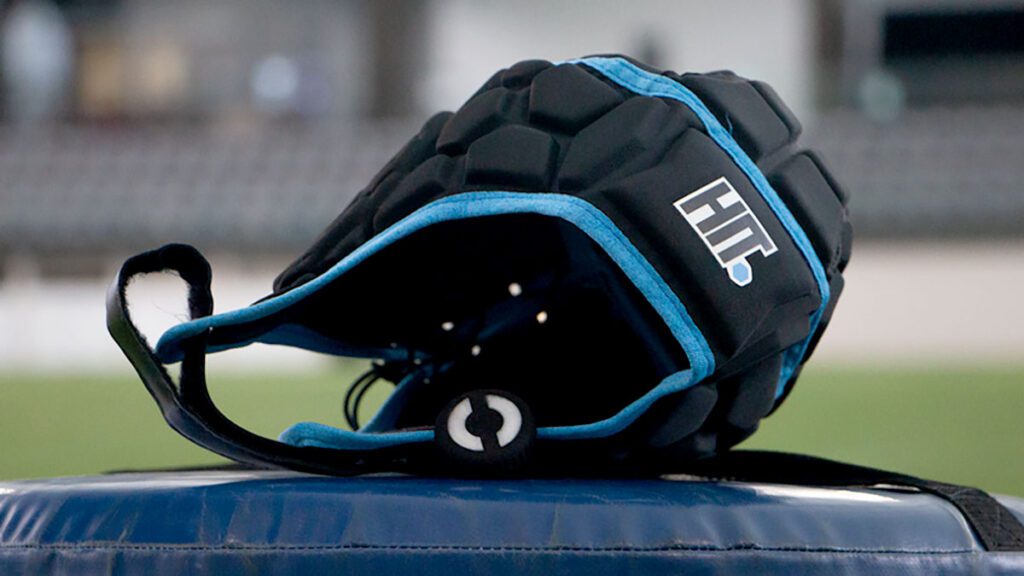Wearable tech start-up aims to tackle head injuries in sport

An Edinburgh-based business recently launched a Kickstarter campaign to help move into production of a technology to safeguard athletes against head injuries.
Based at the Edinburgh Business School (EBS) Incubator within Heriot-Watt University, the technology has been developed by start-up company HIT. The concept is wearable tech which measures and tracks head impact force in sport and recreational activities and is set to aid research and support informed decisions on the risk of brain injury.
Founder Euan Bowen, an avid rugby player, was inspired to develop the technology a teammate was injured. With brain injuries rarely reported, Bowen spotted a gap in the market for sportspeople to track brain health.
Bowen explained: “I found little technology available to monitor head impact, despite the severity of the issue across different sports.
“As a member of a rugby club in Edinburgh, I began researching and developing a project, working closely with the team to develop an initial prototype.”
Featuring a unique impact sensor, wearable across multiple sporting and activity applications, the device universally clips onto any helmet or halo headband, detecting g-force and recording impact via a companion app.
Using a traffic light system, the app records data and acts as an early warning notification for the user regarding the level of impact force recorded – highlighting the caution required in continued exercise.
“High impact sports are focusing increasingly on concussion mitigation with the Field – ‘Football’s Influence on Lifelong Health and Dementia Risk’ – study recently finding that former professionals are three and a half times more likely to die of dementia than the general population,” Bowen noted.
Kallum Russell, manager of the EBS Incubator said: “HIT Impact is a much-needed technology to track and support the current efforts to increase sports safety at a time when governing bodies across high impact sports are increasingly focused on minimizing head trauma.”
The current parliamentary inquiry into concussion recently heard evidence about the long-term implications of repetitive head trauma on sports people with MPs asking how sports could be made safer.
